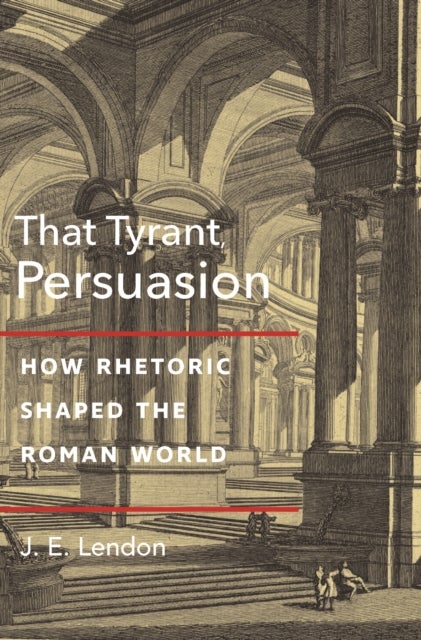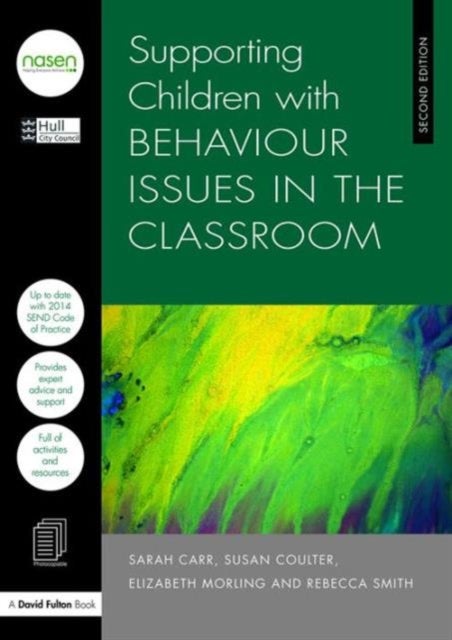
That Tyrant, Persuasion av J. E. Lendon
449,-
<p><b>How rhetorical training influenced deeds as well as words in the Roman Empire</b><br><br>The assassins of Julius Caesar cried out that they had killed a tyrant, and days later their colleagues in the Senate proposed rewards for this act of tyrannicide. The killers and their supporters spoke as if they were following a well-known script. They were. Their education was chiefly in rhetoric and as boys they would all have heard and given speeches on a ubiquitous set of themes¿including one asserting that ¿he who kills a tyrant shall receive a reward from the city.¿ In <i>That Tyrant, Persuasion</i>, J. E. Lendon explores how rhetorical education in the Roman world influenced not only the words of literature but also momentous deeds: the killing of Julius Caesar, what civic buildings and monuments were built, what laws were made, and, ultimately, how the empire itself should be run.<br><br>Presenting a new account of Roman rhetorical education and its surprising practical consequences








